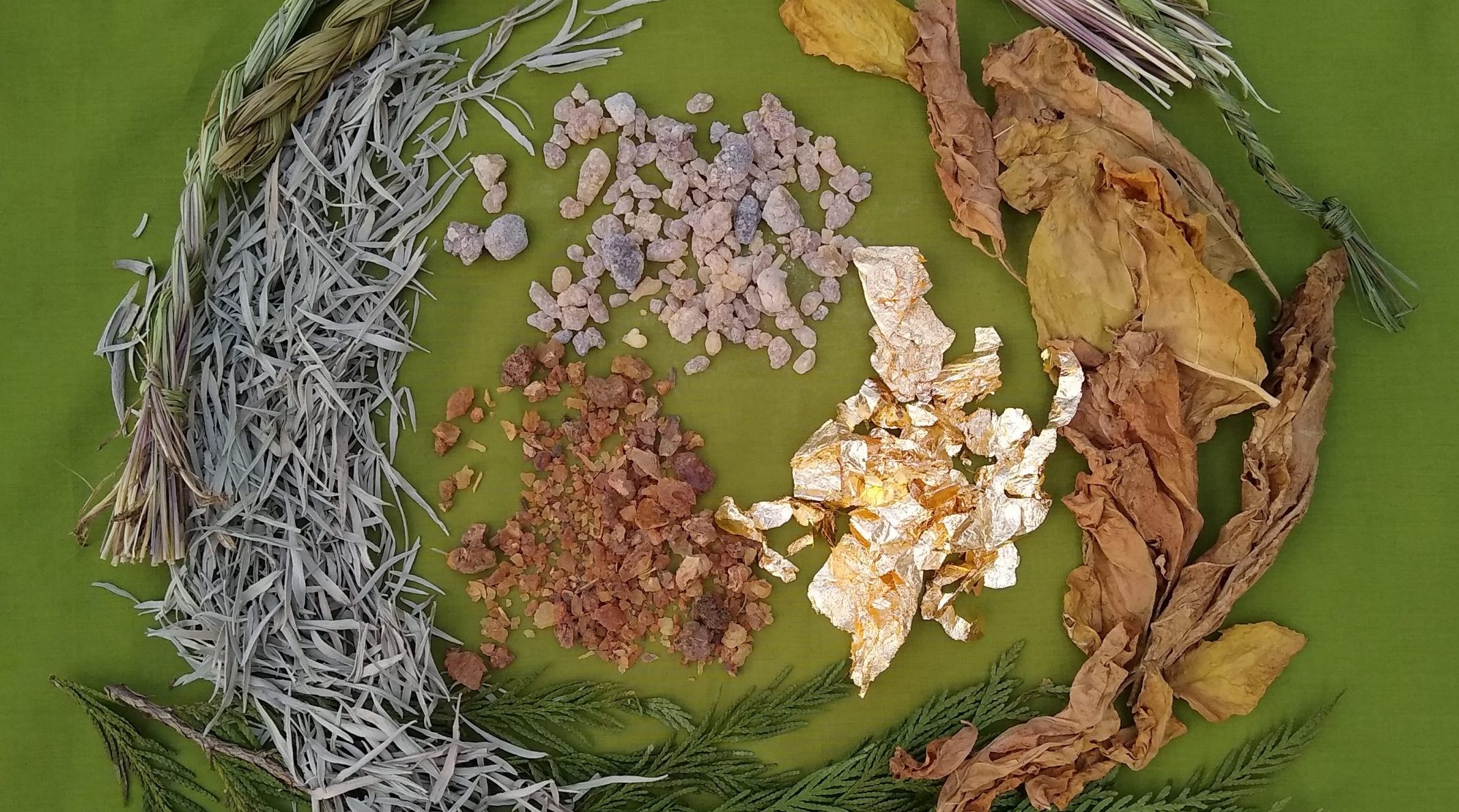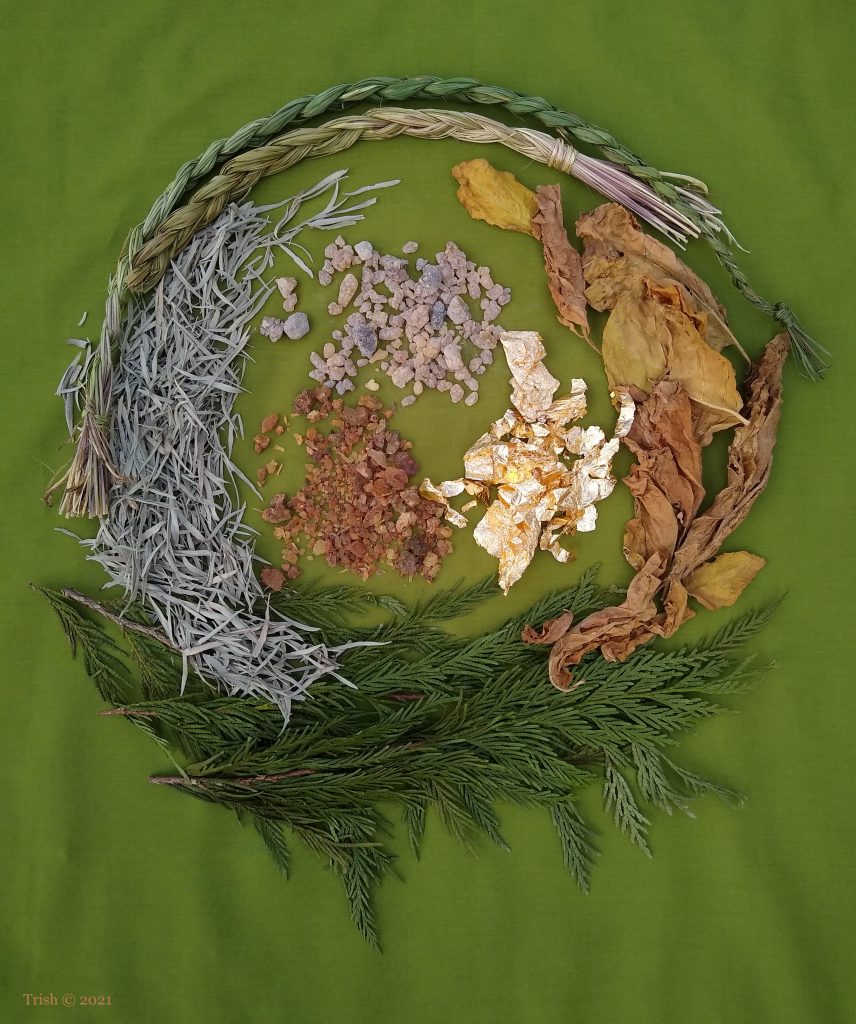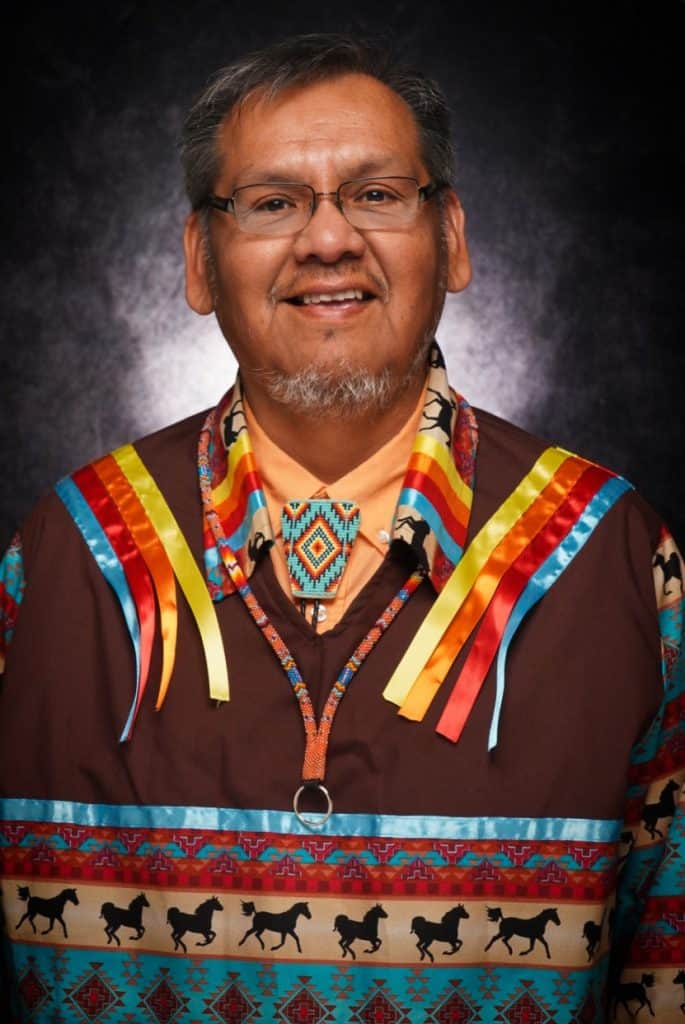January 6th – Epiphany – Indigenous Reflection

by Rev. John Snow Jr.
Matthew Chapter 2, verses 1-12 tells us of the Epiphany – a sacred moment in the everyday – when guided by a star, wise men from the east arrive in Jerusalem to search for the newborn King of the Jews. The scribes tell King Herod that He is ‘In Bethlehem of Judea; for so it has been written by the prophet’. And so travelling onward to Bethlehem, the wise men find the Christ Jesus and witness the revelation of the Divine God in human form. They are overwhelmed with joy, kneel down to worship Him, and open their treasure chests to offer Him gifts of gold, frankincense, and myrrh. What a celebration it must have been at last, for those weary travellers who came from afar!
When I was still a student minister, I had the wonderful opportunity in 2017 to participate in a “Come and See” tour of Israel and Palestine. Our group visited Jerusalem and Bethlehem, and on this pilgrimage, I was in awe to be able to walk on the same soil as Christ, and to come to a more visceral understanding of the Holy Land. We had many interactions with the local people, and discussions elicited both disparities and commonalities – a very engaging and exciting time.
I was in touch with my partner back home, and asked her, “What do you want me to bring you?” She replied, “Nothing. Just come back safely!” And then, “How about some frankincense and myrrh?” I was able to find some essential oils in a gift shop. And so, after this transforming experience and much adventure, with a breath of relief, I and the others all arrived safely home, both elated and exhausted. Family and friends were curious to hear about my trip – you can image the storytelling and showing and sharing of souvenirs, handicrafts, mementos and photographs that I brought back.
Gift giving seems to be a universally joyful impulse. Gifts are given to share a part of oneself. They are exchanged to foster friendships and relationships, to forge alliances and to make apologies, too. In the case of the wise men, the gifts were given to show respect, to pay homage. To adore Him.
Throughout history, gold has always been valued. In biblical times, frankincense and myrrh were prized as much as gold. These are both derived from tree sap. The dried droplets of resin are precious and valuable. They are used for fragrances and perfume, as incense and for anointing in ancient rituals and religious ceremonies, as well as for medicine and healing, and even for waterproofing boats.
My partner and I spent many hours talking about all sorts of things that were inspired by my life changing ‘Come and See’ tour. Our perceptions evolved and our understandings deepened. As an Indigenous person, I feel resonance with the biblical stories, as I hear the teachings and wisdom of my Elders in our oral traditions and our stories of creation.
When Indigenous peoples were forced onto reserves and made to convert to Christianity, we already knew the Creator. We lived in harmony with Mother Earth, our natural environment and all living beings. We knew how to live sustainably and how to look after one another to survive and thrive. As western society, we are coming to realise that our Indigenous traditional knowledge and cultural ways will be crucial in helping us go forward into a viable future.
The Creator gave to us ceremonies and medicines such as tobacco, cedar, sage and sweetgrass.
And like the wise men, ‘…having been warned in a dream not to return to Herod’, we also value the guidance we receive from Creator in the form of visions and dreams.
I was also glad to be able to share my experiences and gifts with my parish in Maskwacis. My partner was helping me with worship services, and for the following Epiphany (2018), we prepared for the congregation the gifts of the wise men along with our Indigenous gifts of the Spirit. We felt emotional that these can co-exist. It was a form of Reconciliation and was very well received. Within our Indigenous worship services, we light a candle and we smudge. For me, implementing Reconciliation means that we can practice Christianity along with our cultural and spiritual ways.

Epiphany – Gifts of the Spirit and Gifts of the Wise Men (clockwise from right): Tobacco, Cedar, Sage, Sweetgrass, Gold, Myrrh and Frankincense. Credit: © Trish 2021
If Jesus had been born right here and now, what would be our gifts to honour Him? Perhaps we would give Him gifts of salt, tea, precious metals and jewels, or even chocolate, flowers, electronics or money. Perhaps something homemade? Something for enjoyment, as with the little drummer boy? Or would it be something of service?
I encourage you to open your hearts to Jesus Christ, our Lord and Saviour. Know that each and every one of you are loved unconditionally. Make this a time to open your hearts to one another, too. We are all experiencing struggles during in this coronavirus pandemic. Find ways to share your special gifts. Give generously, not just material things, but of yourself – the innate things – your talents and skills, your wisdom, knowledge and ideas and your time. Give of yourself what is unique and precious – contribute, mentor, collaborate and support one another. Praise, encourage, listen, be thankful, be happy. Be hopeful. Be kind. Look after one another. Love one another. And keep praying…
Happy New Year, everyone.
11 “For I know the plans I have for you,” declares the Lord, “plans to prosper you and not to harm you, plans to give you hope and a future. 12 Then you will call on me and come and pray to me, and I will listen to you. 13 You will seek me and find me, when you seek me with all your heart.” (NIV)
Rev. John Snow Jr. is a graduate of the Sandy-Saulteaux Spiritual Centre and Indigenous Minister with The Pacific Mountain Regional Council of The United Church of Canada.

